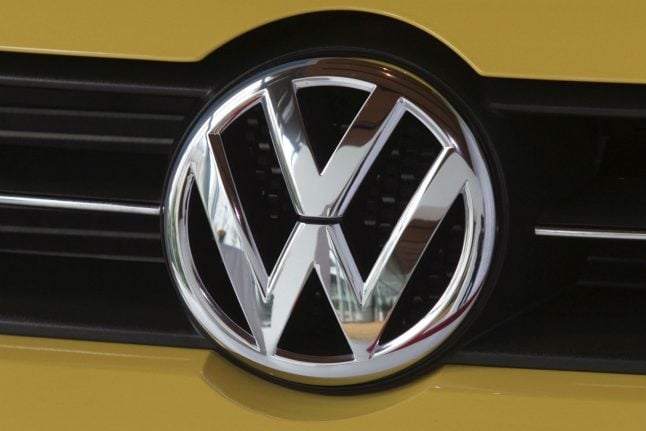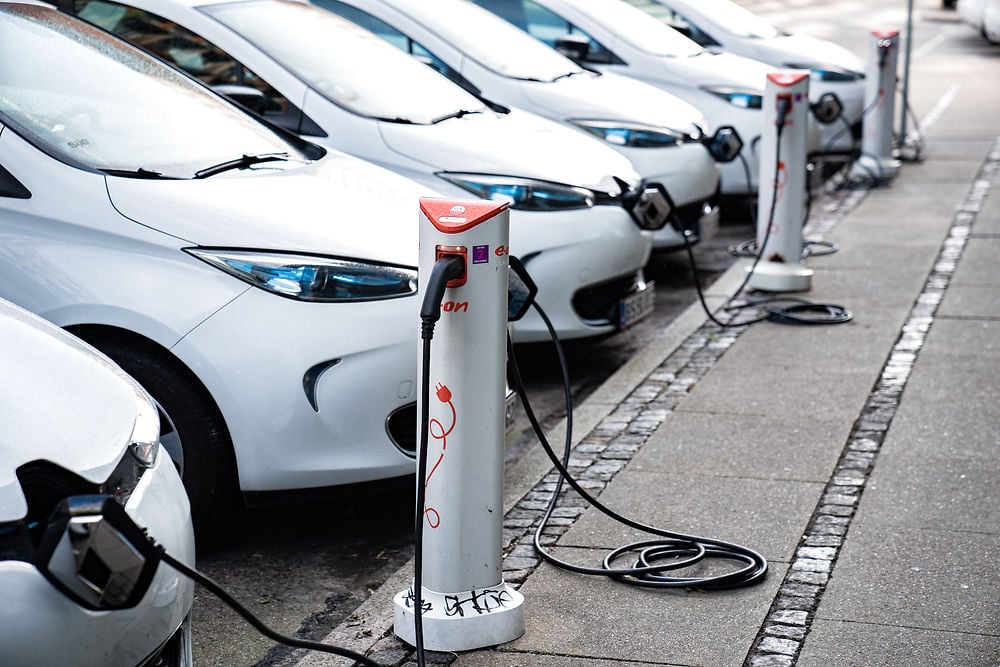Set to begin in the second quarter of 2019, the service known as “We Share”
will at first offer 1,500 VW e-Golf compact cars in the capital, with a further 500 smaller e-up! vehicles to be added later.
The cars will gradually be replaced as new models from VW's next-generation “I.D.” range become available.
“We Share will join other “free floating” car-sharing services – in which autos are left parked around the city for users to book via a mobile phone app – already long present in Berlin and other major cities around the world.
Executives at the world's biggest carmaker see growth potential of at least 15 percent per year for such offerings in Europe, and plan to expand to other large cities across Germany, Europe, the United States and Canada from 2020.
But Wolfsburg-based VW faces entrenched competition from the likes of Daimler and BMW, who agreed in March to merge their car-sharing apps Car2Go and DriveNow.
The two high-end manufacturers aim ultimately to offer a suite of “mobility services” from car-sharing to taxi hailing or finding free parking spaces and electric car charging points, aiming to compete with challengers like California-based Uber.
Combined, Car2Go and DriveNow already offer 20,000 vehicles for short-term rental in some 31 cities, with four million registered users.
VW also has big plans for integrating different forms of transport, with initiatives like electric buses that can be hailed to “virtual stops”, currently being tested in German port city Hamburg.
It plans to spend 3.5 billion euros ($4 billion) by 2025 on a suite of projects under its so-called “digital offensive”.



 Please whitelist us to continue reading.
Please whitelist us to continue reading.
Member comments